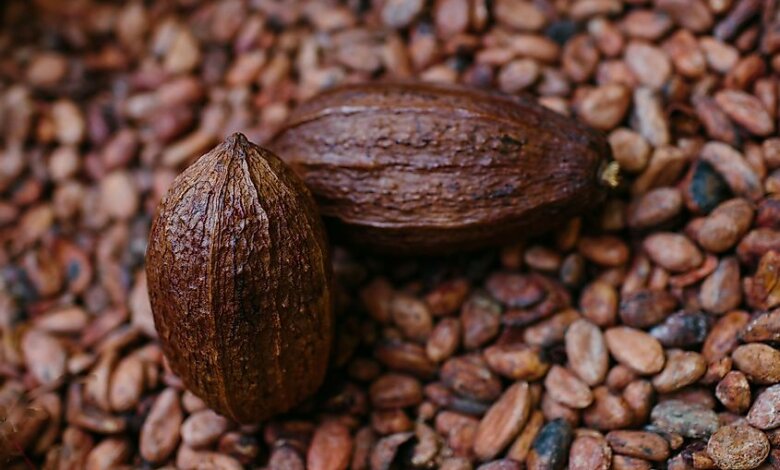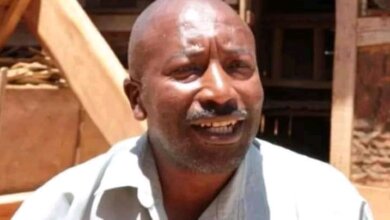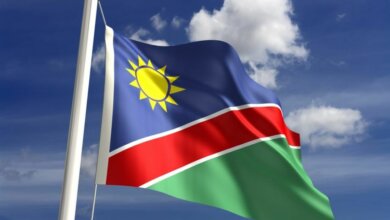West African Farmers Produce 70% Cocoa for the global $130 Billion Chocolate Industry, yet remain Poor

World Economic Forum published an article in 2020, 'Cocoa's bittersweet supply chain in one visualization' putting the value of the chocolate industry at $130 billion a year. Given the amount of cocoa produced in West Africa, it's likely that most of the chocolates we consume contain a small amount of cocoa from Cote d'Ivoire and Ghana.
A figure exceeding two million West African farmers toil every day to harvest valuable cocoa beans, but few will ever taste the superb chocolate that results. The trees that produce these butter-rich pods thrive majorly in Africa.
Small farmers in West Africa rushed into cocoa farming as if it were the new gold in the early twentieth century. As a result, the region is responsible for the majority of global cocoa production. Nonetheless, consumers’ preferences are dominated by Belgian, Swiss, Italian, and other European brands.
The selling prices of chocolate benefit the producers the least. Only 5% of the world’s chocolate income reaches farmers, according to the African Development Bank (AfDB). Some development experts equate the disparity to illicit money carried out of Africa.
Four West African countries, Ghana, Cote d’Ivoire, Nigeria and Cameroon produce about two-thirds of the world’s cocoa, the primary component in chocolate.
Cote d’Ivoire produces about 2 million tons of cocoa beans in 2020, making it the world’s largest producer. In fact, cocoa exports account for 40% of Ivoirians’ export revenue, implying that the price of cocoa is extremely important to their national economy.
Read Also: Ghana: Gov’t increases cocoa producer price by 28%
Ghana is the world’s second-largest cocoa exporter, with 883,652 tons produced in 2020. Cocoa production accounts for 30% of the country’s export revenue.
Nigeria is the world’s fourth-largest cocoa producer, with over 300,000 tons in 2020. Cameroon came next as the world’s fifth-largest cocoa producer, with 37 percent of the country’s dedicated to producing 295,028 tons of cocoa in 2020.
Yet, the plight of many farmers at the bottom of the multibillion-dollar chocolate industry underscores a larger issue: why is it so difficult for poor countries to escape poverty by exacting better prices for their raw materials and controlling more lucrative portions of the supply chain?
The chocolate industry has been accused of doing more than just keeping its farmers poor. Chocolate manufacturers such as Mars, Nestle, and Hershey reached an agreement in 2001 to remove child labor from their supply chains in Ghana and the Ivory Coast, where the problem is most severe.
Despite this, the US Labor Department reported in 2015 that the number of minors working on cocoa fields had increased to 2.1 million, with some performing risky duties like as spraying pesticides, lifting heavy bags, and using machetes.
Since then, the industry committed to a less ambitious goal of decreasing child labor by 70% by 2020, which has not necessarily been fufilled.
“Scrutiny is sharpening,” says Nick Weatherill, executive director of the International Cocoa Initiative (ICI), a non-profit based in Switzerland.
“Recent exposures in the media are likely to continue to shine an intense spotlight on the sector. In turn, this will undermine the confidence of consumers and regulators in those importing markets, on which cocoa farmers actually depend.”
According to ICI study, farmers earn between $980 and $2,600 a year from their produce. Small farms produced a tonne or two of cocoa on roughly 2-5 hectares. Only a third of the farmers could afford basic inputs like fertilisers, which could help them increase output.
Read Also: Ghana’s cocoa production relies on the environment, which needs better protection
As a result, many farmers lived in terrible poverty, forcing them to rely on child labor, frequently employing their own children. Only a few of these farmers could afford adult labor or schooling for their children.
As if that wasn’t unfair enough, cocoa production has been connected to widespread deforestation, particularly in Ivory Coast. As farmers remove more forest land, the country’s cocoa production has nearly doubled to 2 million tons in the last decade.
Following years of discussion, African governments have resolved to take action to strengthen their position in the chocolate sector. Ghana and the Ivory Coast stated in July 2020 that starting in October 2020, they will pay a set premium of $400 per ton over the benchmark futures price.
The major cocoa consumers, including Belgian confectioner, Barry Callebaut, US chocolate behemoth Mars, and Swiss food giant Nestle, have all expressed support for the surcharge. However, it is unclear whether the $400 increase would be reflected in consumer pricing.
“If you look at OPEC, they are only controlling about 30% to 40% of the global oil supply and they control prices,” says Mahamudu Bawumia, Ghana’s vice president, referring to the oil cartel. “If they have OPEC, we can have COPEC.”
So, how does the chocolate sector fare in the future? It’s difficult to imagine anything more immoral than child slavery, and since some companies profit from it despite the lack of a moral imperative to change, it’s important to emphasize that there’s also a compelling business case for enforcing radical transparency throughout the cocoa value chain and restructuring the entire industry to move toward a more sustainable development path.
If cocoa farmers continue to be economically excluded, the industry’s long-term survival and output will be jeopardized by issues such as low adult literacy, health hazards, and a lack of access to high-quality education for children.
In short words, West Africa deserves better than it is being offered in the global big cholocate deal.
Source: World Economic Forum | LA Times
Abeeb Lekan Sodiq is a Managing Editor & Writer at theafricandream.net. He is as well a Graphics Designer and also known as Arakunrin Lekan.





